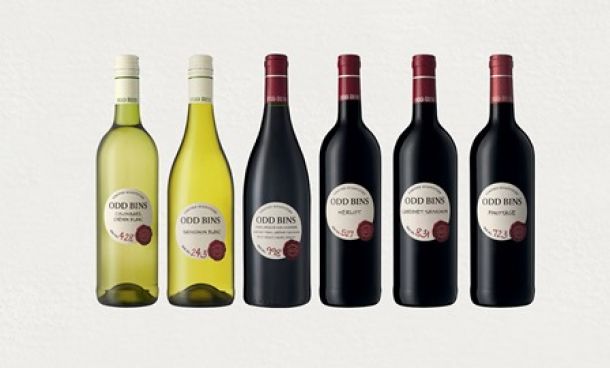Remgro to raise R9.9bn for Distell
Just hours before SABMiller confirmed its shareholders had overwhelmingly approved the Anheuser-Busch InBev (AB InBev) deal, Remgro announced a R9.9bn rights offer intended to fund the acquisition of SABMiller’s 26.4% stake in Distell.
The offer of 10 shares for every 100 held has been pitched at R192.50, a 20% discount on the Remgro pre-announcement price. Remgro’s share price was almost 500c weaker on Wednesday at R236.94, while Distell gained almost as much, closing 453c higher at R167.50.
The move, which has been the subject of several years of speculation, came much closer to being realised in July when SA’s competition authorities made the sale of Distell one of the conditions of its approval of the beer merger. The Distell stake must be sold within three months of the beer merger’s completion on October 10.
In the Sens announcement of the rights issue, Remgro referred to the pre-emptive right it and Capevin Holdings had to purchase the Distell shares.
"No agreement regarding the potential acquisition has been reached, and Remgro will only exercise its pre-emptive right on commercially appropriate terms," said Remgro.
At Wednesday’s share price, SABMiller’s stake would be worth just less than R10bn.
Given the pre-emptive right and the fact that Remgro, and closely aligned Capevin, hold a combined 54% in Distell, analysts say it is impossible to imagine any other buyer.
The sale by SABMiller could be the first step to unlock a control structure that analysts say has undermined Distell’s growth potential for decades.
Vunani Securities’s Anthony Clark, who has long questioned the relevance of Capevin in the Distell control structure, said that the sale by SABMiller should result in the clean-up of the archaic structure and the removal of Capevin, which trades at a discount to the underlying asset. Remgro CEO Jannie Durand has conceded that this might be a possibility.
Remgro and Capevin have defended Capevin’s continued existence as necessary to avoid triggering change of control agreements with leading global brands Diageo’s Gordon’s Gin, Martini, Bacardi Rum and Glenfiddich whisky.
"If there is a change of control in Distell, there’s a strong likelihood that Diageo could rip back the white spirits portfolio that Distell has been manufacturing and marketing."
Durand has acknowledged the loss of these brands would be material to Distell.
Analysts say the control structure is the reason Distell has not used its shares to finance a more aggressive growth strategy and believe with SABMiller and Capevin out of the way Distell could generate a much stronger earnings flow.
And while the threat of losing valuable brands is considerable, the competition authorities have helped to secure Distell’s dominant position in the cider market. Other conditions to their approval for the beer merger require AB InBev to allocate space in its fridges for Distell’s cider and also put in place guarantees to secure critical inputs such as apple concentrate.
Distell was created in the late 1970s as a compromise after Remgro abandoned an attempt to challenge SAB’s near-monopoly in the beer market. Control of Distell, which produces spirits, cider and wine, was split between SAB, KWV and Remgro. Several years ago Remgro, through Capevin, picked up most of KWV’s stake.
News Category
- International retailers
- On the move
- Awards and achievements
- Legislation
- Wine and liquor
- Africa
- Going green
- Supplier news
- Research tools
- Retailer trading results
- Supply chain
- Innovation and technology
- Economic factors
- Crime and security
- Store Openings
- Marketing and Promotions
- Social Responsibility
- Brand Press Office
Related Articles

Makro secures exclusive rights to SA’s most sou...

Checkers adds 41 new wines to Odd Bins range

With petrol at almost R20 a litre, food prices ...

Petrol price shocker for South Africa


